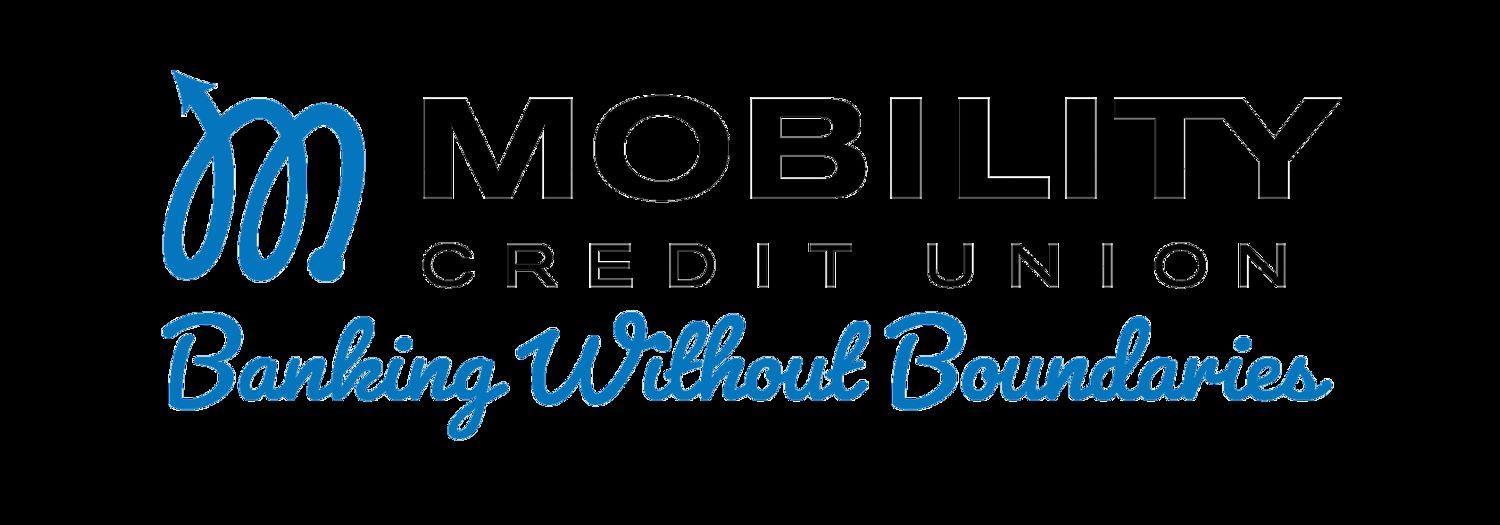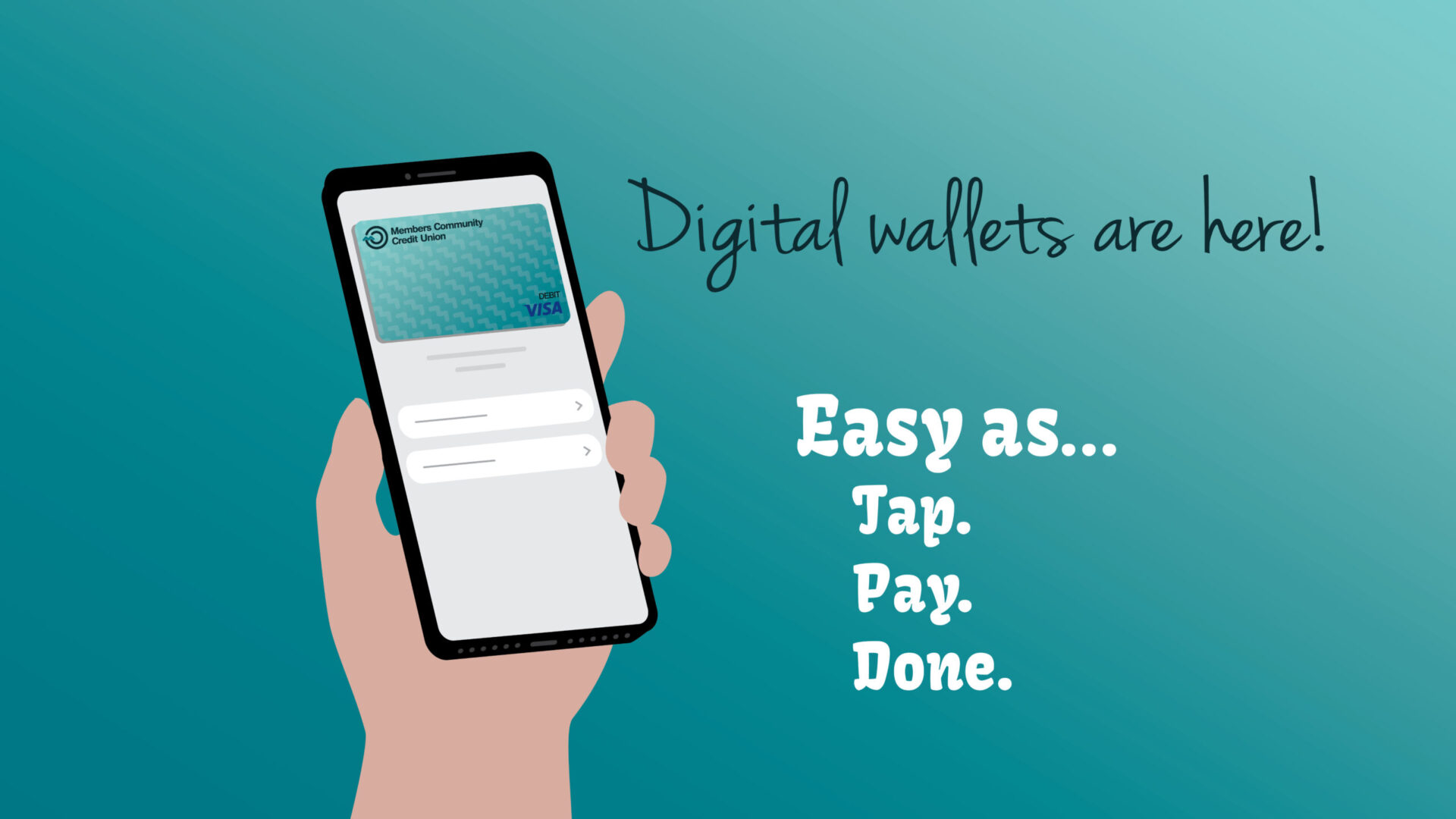

Finance
How Do I Open A Credit Union Account
Modified: February 21, 2024
Looking to open a credit union account? Find out how to get started with this comprehensive finance guide. Take control of your financial future today!
(Many of the links in this article redirect to a specific reviewed product. Your purchase of these products through affiliate links helps to generate commission for LiveWell, at no extra cost. Learn more)
Table of Contents
Introduction
Welcome to the world of credit unions! If you’re looking to open a new bank account, you might have considered a credit union account as an alternative to a traditional bank. In this article, we’ll explore what a credit union account is, the benefits of opening one, and the steps and documents required to open one.
A credit union is a financial institution that is owned and operated by its members. These members typically have something in common, such as belonging to the same community, profession, or organization. Credit unions are not-for-profit organizations, which means their primary purpose is to serve their members, not to maximize profits for shareholders. This unique structure allows credit unions to offer a range of benefits and services that can make them an attractive option for individuals seeking financial services.
Opening a credit union account can provide you with access to a wide array of financial products and services, including savings accounts, checking accounts, loans, credit cards, and more. Additionally, credit unions often offer competitive interest rates and lower fees compared to traditional banks.
Furthermore, credit unions prioritize customer service and personalized attention, as they focus on building long-term relationships with their members. Rather than being just another account holder at a large bank, credit union members often appreciate the sense of community and the opportunity to have a voice in the institution’s decision-making process.
Now that you have a general understanding of credit unions and their unique qualities, let’s dive deeper into the benefits of opening a credit union account.
What is a Credit Union Account?
A credit union account is a type of financial account that is offered by credit unions to their members. It functions similarly to a bank account, providing individuals with a secure place to store their money, make deposits, withdraw funds, and perform various transactions.
As mentioned earlier, credit unions are member-owned institutions. This means that when you open a credit union account, you become a member and part-owner of the credit union. This ownership structure sets credit unions apart from traditional banks, where customers are simply account holders.
When you open a credit union account, you gain access to a range of financial services. These can include savings accounts, checking accounts, certificates of deposit (CDs), money market accounts, and individual retirement accounts (IRAs). Some credit unions may also offer specialized accounts, such as youth accounts or accounts designed for specific professions or organizations.
In addition to basic banking services, credit union accounts can also provide access to loans, including personal loans, auto loans, mortgages, and credit cards. Credit unions are known for offering competitive interest rates on loans, often lower than those of traditional banks.
One of the key differences between credit unions and traditional banks is how they handle profits. Credit unions are not-for-profit organizations, which means they operate with the primary goal of serving their members rather than maximizing profits for shareholders. Instead of generating profits for external stakeholders, credit unions reinvest their earnings into the institution to provide better rates, lower fees, and improved services for their members.
In summary, a credit union account is a financial account offered by credit unions, providing individuals with access to various banking services, loans, and potentially higher interest rates. By opening a credit union account, you become a member and part-owner of the institution, allowing you to benefit from the institution’s member-focused approach and community-oriented values.
Benefits of Opening a Credit Union Account
Opening a credit union account offers a range of benefits that can make it a worthwhile choice for individuals seeking financial services. Let’s explore some of the key advantages of choosing a credit union account:
- Lower Fees: Credit unions are known for their lower fees compared to traditional banks. They often have fewer fees for services such as overdrafts, monthly maintenance, and ATM usage.
- Competitive Interest Rates: Credit unions typically offer higher interest rates on savings accounts and lower interest rates on loans. This can help you grow your savings faster and save money on interest payments.
- Personalized Service: Credit unions prioritize personalized service and building relationships with their members. Unlike larger banks, credit unions often have a more community-oriented approach, providing a higher level of customer service and attention to individual needs.
- Community Involvement: Credit unions are deeply rooted in the communities they serve. They often support local initiatives, charities, and events, contributing to the overall well-being of the community.
- Member Ownership: When you open a credit union account, you become a member and part-owner of the institution. This means you have a voice in the decision-making process and can participate in the credit union’s annual meetings to vote on important matters.
- Financial Education: Credit unions are committed to promoting financial literacy and education among their members. They often provide resources and workshops to help individuals improve their financial knowledge and make informed decisions.
- Access to Shared Branches and ATMs: Many credit unions participate in shared branching networks, allowing members to conduct transactions at other credit unions across the country. Additionally, credit unions often have partnerships with ATM networks, providing widespread access to surcharge-free ATMs.
- Focus on Members’ Needs: As member-owned institutions, credit unions prioritize the needs and interests of their members. They strive to provide tailored solutions and take a more holistic approach to financial well-being.
These benefits make opening a credit union account an attractive option for individuals who value personalized service, competitive rates, lower fees, and the sense of community. Now that you understand the advantages of a credit union account, let’s move on to the steps involved in opening one.
Steps to Open a Credit Union Account
Opening a credit union account is a simple and straightforward process. By following these steps, you can become a member and start enjoying the benefits offered by credit unions:
- Research and Choose a Credit Union: Start by researching credit unions in your area or those that cater to your specific needs. Look for a credit union that aligns with your financial goals, offers the services you require, and has a strong reputation for customer satisfaction.
- Visit the Credit Union: Once you’ve found a credit union of interest, visit their branch or explore their website to gather more information. Take note of the account options, requirements, and any special promotions or benefits they may offer.
- Fill Out the Application: Obtain a membership application either in person or online. Provide the necessary information, such as your name, address, contact details, social security number, and any other requested identification or employment details.
- Deposit Funds: Most credit unions require an initial deposit to open an account. Make sure to have the required minimum amount available to deposit into your new account. This can typically be done through cash, check, or electronic transfer.
- Sign Account Agreements: Review and sign any account agreements, disclosures, or terms and conditions provided by the credit union. It’s essential to understand the account features, fees, and policies before finalizing the opening of your account.
- Receive Account Details: Once your account is opened, the credit union will provide you with the necessary account details, such as your account number, online banking login information, and any additional instructions you may need to access and manage your account.
- Start Using Your Account: Congratulations! You are now a member of the credit union and can start utilizing your account. You can make deposits, set up direct deposits or automatic transfers, manage your funds, and take advantage of other services offered by the credit union.
Remember, it’s essential to keep your account information safe and secure. Make sure to review any security measures provided by the credit union, such as online banking authentication or fraud prevention tools.
If you have any questions or need assistance during the account opening process, don’t hesitate to reach out to the credit union’s customer service representatives. They will be more than happy to help you navigate the steps and provide any necessary guidance.
Now that you know how to open a credit union account, let’s discuss the documents you may need to have on hand when applying.
Required Documents for Opening a Credit Union Account
When opening a credit union account, you will typically need to provide certain documents to verify your identity and eligibility to become a member. While specific requirements may vary depending on the credit union and the type of account you wish to open, here are some common documents you may need to have on hand:
- Identification: You will need to present a valid form of identification, such as a driver’s license, passport, or government-issued ID. This is to verify your identity and ensure that you meet the credit union’s membership eligibility requirements.
- Social Security Number (SSN) or Individual Taxpayer Identification Number (ITIN): Credit unions typically require you to provide your SSN or ITIN as part of the account opening process. This is necessary for regulatory and reporting purposes.
- Proof of Address: Credit unions may ask for documentation to verify your residential address. This can include utility bills, a lease agreement, or a recent bank statement with your name and address clearly displayed.
- Proof of Employment or Income: Some credit unions may require proof of employment or income to assess your financial stability. This can be in the form of recent pay stubs, tax returns, or employment verification letters.
- Membership Eligibility Documentation: If the credit union has specific membership eligibility criteria based on your profession, organization, or community affiliation, you may need to provide supporting documentation. This can include proof of membership in an organization or a letter from your employer.
- Initial Deposit: Most credit unions require an initial deposit to open an account. You will need to have the minimum amount available in cash, check form, or through an electronic transfer.
It’s important to note that these are general guidelines, and the specific requirements may vary depending on the credit union and the type of account you choose to open. It’s best to contact the credit union directly or visit their website to obtain accurate and up-to-date information on the required documents.
Preparing these documents in advance will ensure a smoother account opening process. If you have any questions regarding the documents or need further clarification, don’t hesitate to reach out to the credit union’s customer service representatives. They will be able to provide you with any additional guidance or assistance you may need.
Now that you are aware of the necessary documents, let’s move on to some additional considerations when opening a credit union account.
Additional Considerations
Before opening a credit union account, it’s important to consider a few additional factors to ensure that it aligns with your financial goals and needs. Here are some key considerations to keep in mind:
- Membership Requirements: Each credit union has its own membership eligibility criteria. Make sure you meet these requirements before proceeding with the account opening process. Some credit unions have specific affiliations, such as being a member of a certain profession or residing in a particular geographic area.
- Account Services and Features: Evaluate the range of services and account features offered by the credit union. Consider the types of accounts available, access to ATMs, online banking capabilities, mobile banking apps, and additional features like overdraft protection or rewards programs. Choose a credit union that provides the services and conveniences that match your financial needs.
- Fees and Charges: While credit unions generally have lower fees than traditional banks, it’s still important to review and understand the fee structure. Be aware of any monthly maintenance fees, minimum balance requirements, transaction fees, and penalties for overdrafts. Choose a credit union that offers transparent fees and aligns with your financial preferences.
- Branch and ATM Network: Consider the availability and accessibility of branches and ATMs. Evaluate whether the credit union has physical branches nearby or participates in shared branching networks, allowing you to conduct transactions at other credit union locations. Additionally, inquire about the number and location of surcharge-free ATMs available for your convenience.
- Member Services and Support: Assess the level of customer service and support provided by the credit union. Review their customer reviews and ratings to gauge the overall satisfaction of existing members. Consider factors such as responsiveness, availability of customer service channels (phone, email, live chat), and assistance with account-related inquiries or issues.
- Financial Stability and History: Look into the financial stability and history of the credit union. Research their financial statements, ratings, and member feedback to ensure their long-term viability. A well-established credit union with a strong track record will offer you peace of mind as you entrust them with your financial assets.
- Account Insurance: Verify if the credit union is federally insured by the National Credit Union Administration (NCUA). NCUA insurance provides protection for your deposits, similar to the Federal Deposit Insurance Corporation (FDIC) coverage provided by banks.
- Additional Services and Benefits: Some credit unions offer additional services and benefits beyond basic accounts. These can include educational resources, financial planning assistance, investment services, and member discounts. Assess these offerings to determine if they align with your long-term financial objectives.
By considering these factors, you can ensure that the credit union you select is the right fit for your financial needs and preferences.
Now that we’ve covered the additional considerations, let’s conclude our discussion on opening a credit union account.
Conclusion
Opening a credit union account can provide you with a range of benefits and advantages over traditional banking options. Credit unions offer lower fees, competitive interest rates, personalized service, and a focus on the needs of their members. By becoming a member and part-owner of a credit union, you gain access to a variety of financial products and services designed to help you achieve your financial goals.
When opening a credit union account, it’s important to research and choose a credit union that aligns with your needs and offers the services you require. Take the time to understand the membership requirements, account features, fees, and the availability of branches and ATMs. Additionally, carefully review the required documents and ensure you have everything necessary to complete the account opening process smoothly.
Remember, credit unions prioritize their members and focus on building relationships and providing exceptional customer service. This community-oriented approach can bring a sense of belonging and financial empowerment to your banking experience.
Now that you have a solid understanding of credit union accounts, their benefits, and the steps involved in opening one, you can confidently embark on your journey to join a credit union. Take advantage of the competitive rates, lower fees, and personalized attention that credit unions offer to enhance your financial well-being and achieve your financial goals.
So go ahead, explore your options, gather the necessary documents, and open your credit union account today. Join a financial institution that will support you, guide you, and help you thrive on your financial journey.
Happy banking!














